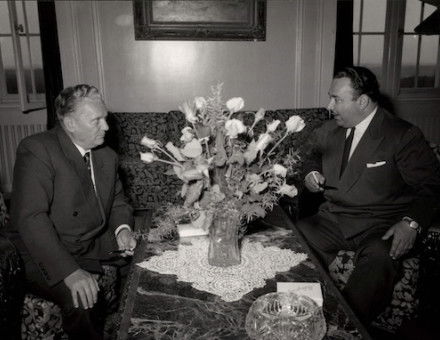Madame de Staël: Emotion and Emancipation
Daughter of Necker of Geneva, twice French Minister of Finance, Germaine de Staël reflected in her life and writings the enthusiasm of the Revolutionary Age. By Douglas Hilt.
Few epochs in history stir the imagination so much as the French Revolution and the ensuing period dominated by the figure of Napoleon. And few personalities so faithfully reflect the spirit of their age as does that of Germaine, Madame de Staël.
In one astonishing woman may be observed the aspirations, convictions and disappointments of a society shaken to its foundations, rudely torn from its past and hurled into an uncertain future.
If the declared purpose of the Revolution was to free mankind in general, it was equally Germaine’s intention to liberate herself from the confines of society, whatever its form of government. Thus, all her activities - literary, political and amatory - tended to be fused into a concerted whole, designed to bend others to her way of thinking.
Paradoxically, she was a voice of moderation in a tumult of violent extremes, and few women have employed such passionate measures to achieve temperate aims.





